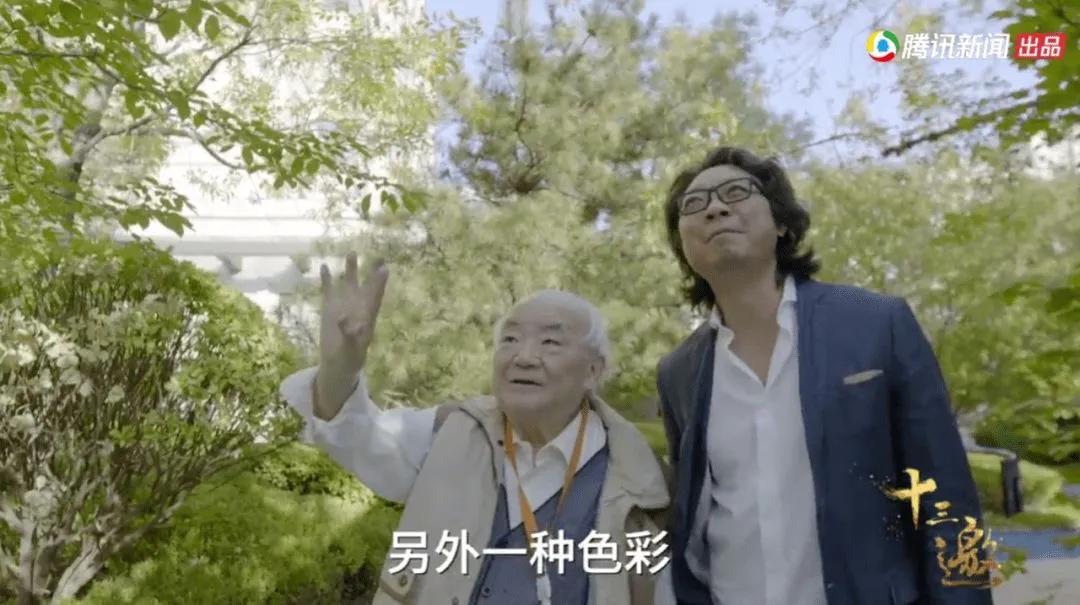* Regarding identity authority
Identity is sometimes a mask, and true inner freedom is sometimes tied up. In addition, it will also become a great danger, that is, after mastering the real academic authority, it is possible to use the authority to suppress others. It's as if you've got everything you want, but you may have fundamentally lost yourself.
* About the COVID-19 pandemic
This is a historical change unprecedented in a hundred years, and it is also a historical crisis that has not occurred in a hundred years.
The history of the human world after World War II went through three stages:
The first phase was the so-called Cold War period from 1945 to 1990.
The collapse of the Soviet Union in 1990 ushered in an era of globalization led by the United States.
Brexit in 2016 and Trump's rise to power marked the beginning of a post-global era for humanity. After the outbreak of the epidemic in 2020, the contradictions in the era of globalization have been fully displayed.
We are living in an era where there is no truth, no consensus, no certainty.
How to face the epidemic, Qian Lao put forward three views: waiting, observing and sticking to it. Express yourself on the margins, caring about and discussing the central issue.
* About the goal ideal
People must have both ideal goals and realistic goals. Only ideal goals, it is difficult to stick to. Only by having realistic goals can we gain a sense of accomplishment and meaning in the process. If there is only a realistic goal, and there is no ideal goal, it may be engulfed by reality.
* About suffering
In the face of suffering, neither crushed nor chosen to forget, but to transform suffering into spiritual resources.
* Now facing the decay of the spiritual world, how to rebuild the spiritual life? (Xu Zhiyuan)
Elder Qian said that spiritual decay is a fact, but it should not be exaggerated too much, because history is still advancing and changing, and there may be vitality in the crisis. Intellectuals can conduct a thorough review on the basis of existing civilizations, and then, on this basis, propose a new ethics and values. Of course, this is an idealist's "care for the other shore", and he will always maintain a sober mind and critical spirit towards "this shore". "The care of the other shore" can illuminate "this shore".
* About young people
Young people feel the bitterness of life, which is just an opportunity to rethink life.
For young people, the older generation should not criticize and accuse at will because they do not understand, but they also do not follow the trend. Stay observant and help when they really need help. You can constantly ask all kinds of questions for young people to think about.
* About death
Old age is not a negative, passive state that we used to imagine, and in a larger sense, human life force may have another climax, which is different from the industrial era.
When people reach old age, they should return to childhood, maintain a childlike heart, constantly look at everything around them with new eyes, return to the constantly newborn, simple infant state, and obtain inner peace, or an eternity.
* About childhood
A "golden childhood" is very important and gives a bright background to a person's life.
* About man and nature
Remove the intervention of knowledge and enter into a purely individual life's encounter with nature. Step on the ground and look up at the stars.
